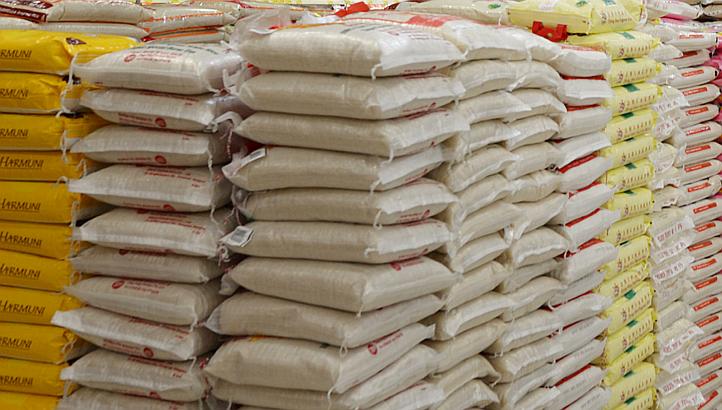The Federal Government says Nigeria will become self-sufficient in rice production by then end of 2018.
Vice President Yemi Osinbajo made this revelation on Monday while addressing a gathering at The Platform, a yearly conference organised by the Christian Covenant Centre, in Lagos.
“If all goes well, we should be producing all of our own rice by the end of 2018,” he said.
“And if we are able to do so, it means that the substantial part of our foreign exchange that we spend now importing rice will be saved.”
Osinbajo explained at the event that major growth in rice production was the result of the government’s decision to focus on agriculture as part of its efforts to diversify the nation’s economy.
He said, “For us, focusing on agriculture was key. And there are two good reasons; agriculture – the whole agro-allied value chain – is clearly the fastest ways of creating jobs and lifting millions out of poverty.”
According to Osinbajo, considering that the majority of Nigerians are actually poor, subsistence farmers, the government decided that to move them out of poverty, it will need to provide them with the right inputs, especially seedlings, fertilizer, and equipment so that they can actually multiply their yield and make more money.
“So, through the CBN’s anchor borrowers programme, we were able to provide financing for almost 200,000 farmers in the first place and in almost all of the cases, local production has almost tripled,” he said.
“We are now producing close to almost four million tons of rice.”
He said as a result, in 2016, Nigeria imported just about 10 per cent of the amount of rice it imported in 2015.
The Vice President also said the Federal Government was working to improve the ease of doing business in the country.
He said the efforts were captured in four broad categories in the Economic Recovery and Growth Plan launched by President Muhammadu Buhari.
Channels TV
This page has been viewed 216 times


























